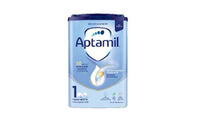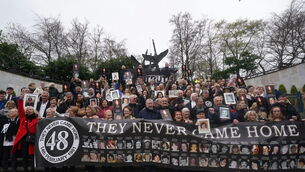Gaelic backstory of Cameron’s Tories
The Oxford English Dictionary has been researching the origins of common words that owe their origins to Gaelic.
Lexicographer Susie Dent recently devoted her origins of words section of the popular Channel 4 programme Countdown to the research.













